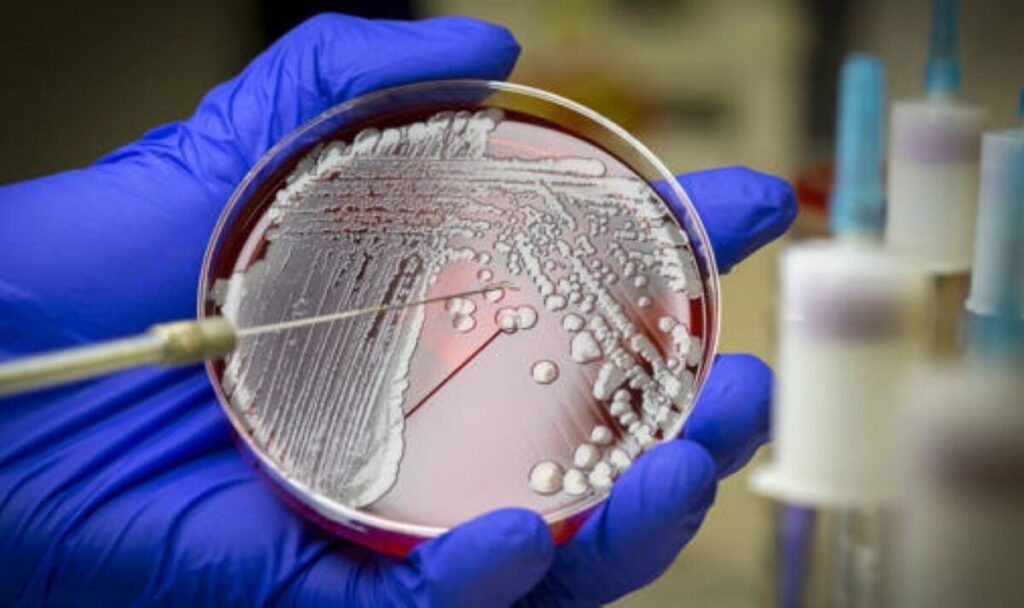
A Canadian researcher has used AI to develop a groundbreaking antibiotic to combat drug-resistant bacteria, known as superbugs. This achievement promises to revolutionize medicine and provide hope against life-threatening infections.
Superbugs have emerged as a significant global health concern due to their ability to resist conventional antibiotics. Traditional drug discovery methods often fall short in identifying compounds that can effectively combat these resilient pathogens. Leveraging AI capabilities, the Canadian researcher developed a potent antibiotic to overcome the challenge.
The breakthrough antibiotic was created using a unique combination of machine learning algorithms and big data analysis. The AI system analyzed vast medical and genomic data, identifying patterns and potential drug candidates against superbugs. By rapidly sifting through millions of possibilities, the AI algorithm was able to identify a compound with exceptional antimicrobial properties.
What sets this AI-generated antibiotic apart is its ability to target the specific mechanisms through which superbugs develop resistance. The new antibiotic exploits bacteria vulnerabilities, neutralizing their defenses and making them vulnerable to eradication. This targeted approach not only increases the effectiveness of the antibiotic but also mitigates the risk of resistance development.
Initial laboratory testing of the AI-generated antibiotic has yielded promising results. In vitro, studies demonstrated its ability to eliminate drug-resistant bacteria that had previously proven impervious to existing treatments. Moreover, animal models infected with superbugs and treated with the new antibiotic showed a significant reduction in infection severity and improved survival rates.
The implications of this breakthrough extend far beyond the development of a single antibiotic. The integration of AI into drug discovery opens new avenues for research against superbugs. AI’s ability to analyze vast data and identify potential drugs accelerates antimicrobial development.
Furthermore, this achievement highlights the potential for interdisciplinary collaboration between scientists, engineers, and medical professionals.
Researchers from diverse fields can collaborate to tackle complex healthcare challenges and develop innovative solutions with far-reaching impacts on patient care and public health.
While the AI-generated antibiotic represents a significant milestone, further research and clinical trials are necessary before its widespread implementation. Nonetheless, this breakthrough paves the way for a new era in antibiotic development, where AI plays a central role in identifying and designing effective treatments for drug-resistant superbugs.
